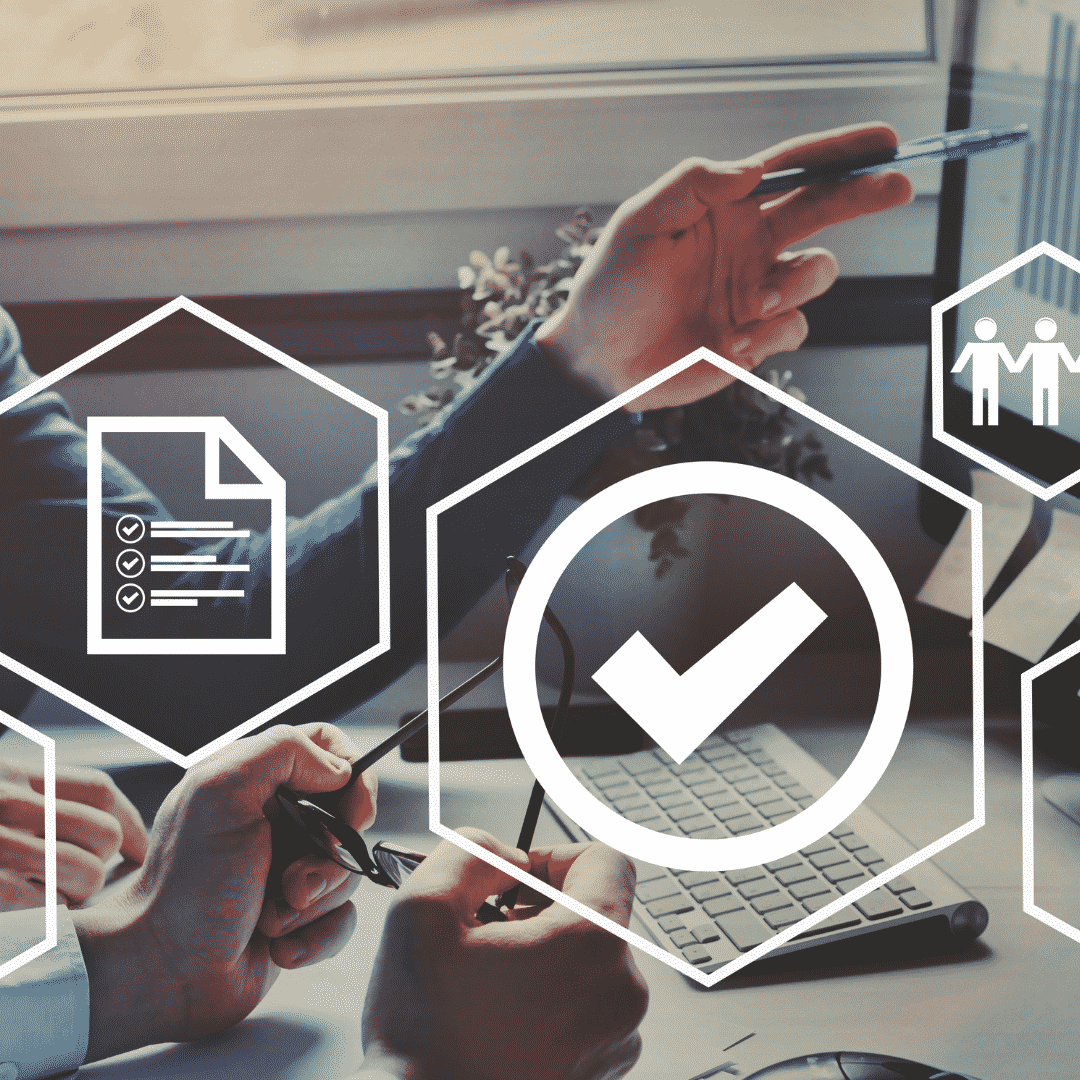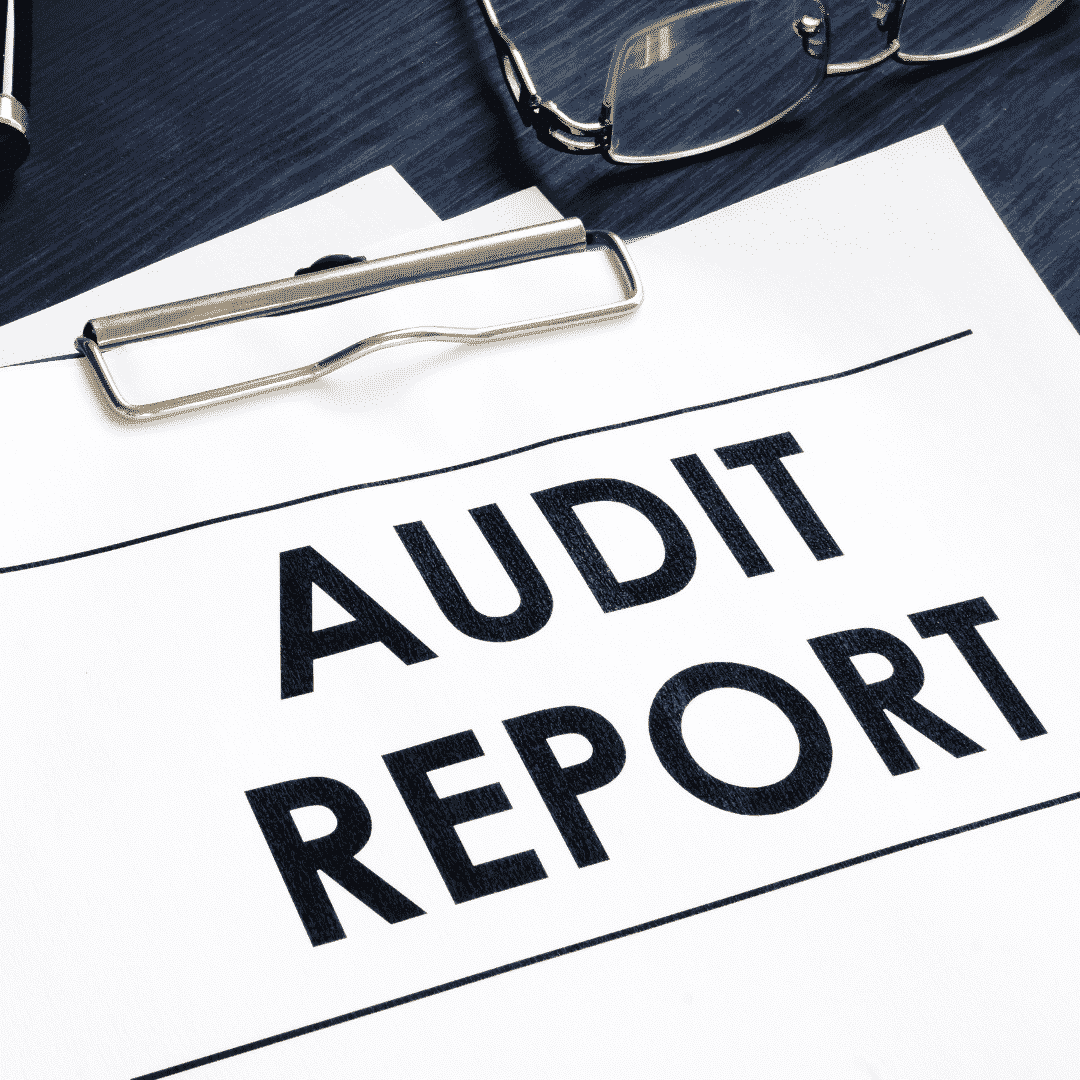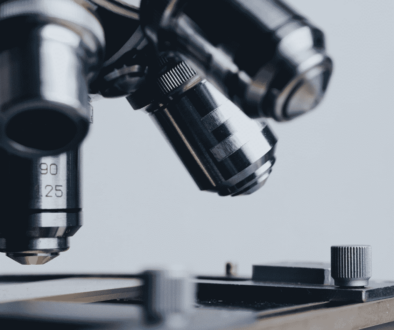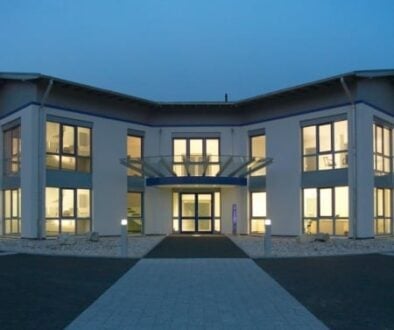ISO 17025 – The importance of a LIMS for laboratory certification
In laboratories, decisions often have to be made quickly. The basis of these decisions should be reliable data, such as results of diagnostic tests, data for quality assurance, measurements of environmental pollutants, or checks of product specifications. All results must be accurate and available as quickly as possible. To achieve this goal, reliable and, above all, consistent processes are essential for testing laboratories, from sampling to reporting. All analytical processes must be traceable and reproducible at all times. ISO 17025 certification helps to achieve these goals. Learn more about the importance of a LIMS for ISO 17025 certification.

The International Organization for Standardization (ISO) is an independent, non-governmental body of expertsfrom around the world that develops and issues international standards. With the ISO 17025 standard, general requirements for the competence of testing and calibration laboratories were developed by laboratory experts of the organization. Since 2017, the standard has placed an emphasis on information technology (IT), particularly in the use of systems and the electronic provision of test results and records. Testing laboratories bound by compliance with ISO 17025 must implement systems and processes that enable and promote compliance with the standard. Laboratory Information and Management Systems (LIMS) such as [FP]-LIMS software organize and automate laboratory processes and assist in maintaining quality standards.
Learn below what the ISO 17025 certification standard is, its goal, how general testing laboratories can achieve ISO 17025 accreditation using [FP]-LIMS software, and its value for efficient laboratory management.
What is ISO 17025?
ISO 17025 (DIN EN ISO 17025) defines the requirements for the competence of laboratories that perform tests and/or calibrations. Now, one might think that the standard is aimed at contract laboratories that independently test samples or perform calibrations. However, the standard also applies to organizations that, for example, have to perform quality control tests or calibrations as part of a manufacturing process.

What is the objective of ISO 17025 certification?
The aim of the ISO 17025 standard is to provide laboratories with guidelines for continuously improving their quality through a quality management system. The focus of the ISO standard is the reliability and quality of test methods. The aim is also to strengthen acceptance and confidence in the work of laboratories. Especially for contract laboratories offering independent calibrations or sample testing, ISO 17025 certification is proof of the ability to produce consistently reliable and trustworthy results.

What requirements must a laboratory meet for ISO/IEC 17025 accreditation?
In order to comply with accreditation, it is mandatory that the certified laboratory is regularly accredited by an external and official audit. The accreditation body assesses all the requirements of ISO/IEC 17025 and verifies that the laboratory complies with the standard.
In order to be accredited, a number of requirements must be met. In addition to general and structural requirements for the laboratory, there are also requirements for resources, processes, and management. The management requirements are largely in line with the ISO 9001 standard, while ISO 17025 refers specifically to laboratories, their test methods, and calibrations.
General requirements are impartiality and confidentiality of laboratories. The organization of the laboratory is defined by the structural requirements in ISO/IEC 17025. For example, the laboratory must be a legal entity that is legally liable for its activities, with the laboratory management bearing all responsibility. In addition, all responsibilities, authorities, and interrelationships of all personnel must be documented.
Laboratories are also subject to resource requirements. These state, among other things, that all necessary resources (including premises) required for laboratory activities must be provided and that person must possess the necessary qualifications. The metrological traceability of laboratory results is also an essential requirement for resources.
The requirements for processes deal with the core processes in the laboratory. They include but are not limited to, inquiry or contract review, verification, and validation of procedures, handling of test items, and handling of technical records. Work that has not been performed satisfactorily must also be corrected as part of the management system.
What is the value of LIMS software for ISO 17025?
No matter what the focus of a laboratory is: The simply immense amount of information and strict data security requirements place high demands on contract laboratories, research laboratories and operational laboratories across all industries.
ISO 17025 describes practices for the operation of laboratories to ensure reliable test and quality results. The [FP]-LIMS software can be configured to achieve and maintain compliance with ISO 17025. Many testing and diagnostic laboratories use pre-configured industry standard workflows in LIMS to increase the efficiency, quality and productivity of their processes.
Over more than 30 years, Fink & Partner GmbH has created a new standard for LIMS: [FP]-LIMS. Technologically at the highest level, [FP]-LIMS combines a high degree of flexibility as well as practicality in use with the know-how and process orientation of everyday laboratory work. The worldwide proven LIMS software thus contributes to efficient work in the laboratory. The modular architecture of the LIMS software, powerful versions, and application-oriented add-on modules make [FP]-LIMS so flexible and reliable. Access protection and detailed assignment of rights secure the systems and data and at the same time form the basis for seamless communication – also with customers and suppliers.


